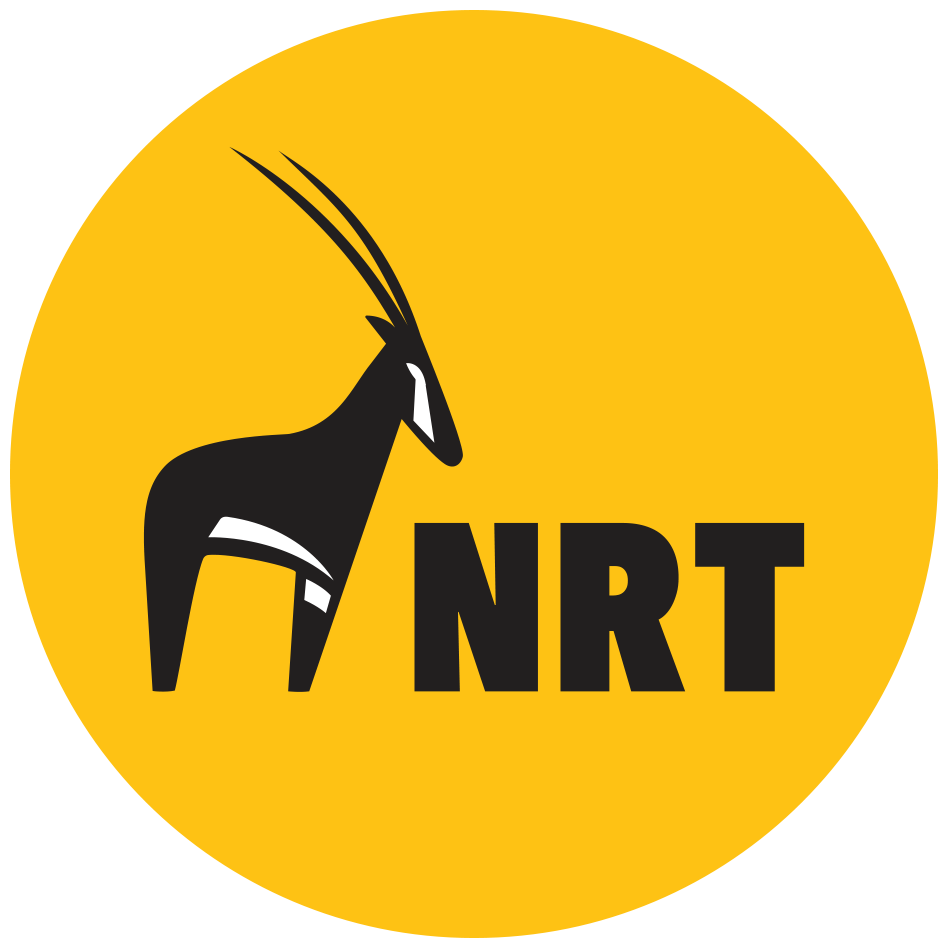Rising Against All Odds: Khadija Mohamed’s Journey to Entrepreneurship
On the shores of Mkokoni Village in Kiunga Community Conservancy in Lamu County, the ocean waves gently crash.
Nearby, in a blue house branded 'Beach Management Unit', a jovial woman stands behind a glass-top desk piled with household items. Unlike many who desire to find employment upon graduation from school, 35-year-old Khadija Mohamed, a mother of four, had entrepreneurial aspirations from an early age.
Her hopes began to wane when she did not complete her primary school education and dropped out in grade four due to a lack of fees. For a lengthy period, her circumstances compelled her to stay at her home in Chundwa Village, performing household chores while her peers went to school. Nonetheless, she never gave up on her dreams.
Instead, she dedicated her time to learning pastry making from her mother. After she gained experience, Khadija worked for a few months in a bakery and would sail across the ocean to sell bread, cakes, and other pastries to customers on neighbouring islands, such as Pate in Lamu County.
Being a resident of Kenya's north coast region, where fishing is the main source of income, Khadija decided to attempt selling fish. She performed so well that she was receiving orders from as far away as Lamu Town, but she was unsure how long this would last.
Khadija lacked critical fishing equipment, such as a freezer. Her catch would go bad, resulting in huge losses.
She was among 573 women from Kiunga and Pate who participated in NRT Trading’s Biashara Mashinani three-day entrepreneurial training in 2021 and were awarded Ksh. 25,000 loan from the Northern Rangelands SACCO. Khadija did not hesitate to open a new store and add fresh groceries.
In 2021, NRT Trading’s Biashara Mashinani Program threw Khadija and 572 other women from Kiunga and Pate a lifeline by providing them with a three-day entrepreneurial training and a Ksh 25,000 loan from the Northern Rangelands Sacco. Without hesitation, Khadija opened a new store and added fresh groceries to her stock.
She particularly valued this business as it is sustainable and eco-friendly, and the products she supplies are essential for community households. On a good day, she earns between Ksh 5,000 and Ksh 8,000.
The knowledge and skills she gained from Biashara Mashinani have enabled Khadija to distinguish herself from other business owners and become a role model to many. She now can educate her children and provide for her family’s need, and plans to expand her business.
Biashara Mashinani is supported by USAID Local Works, Italian Agency for Development Cooperation, The Nature Conservancy, Darwin Initiative, Fauna and Flora International, DANIDA, ICEP and the Government of Sweden through the IMARA Program.


